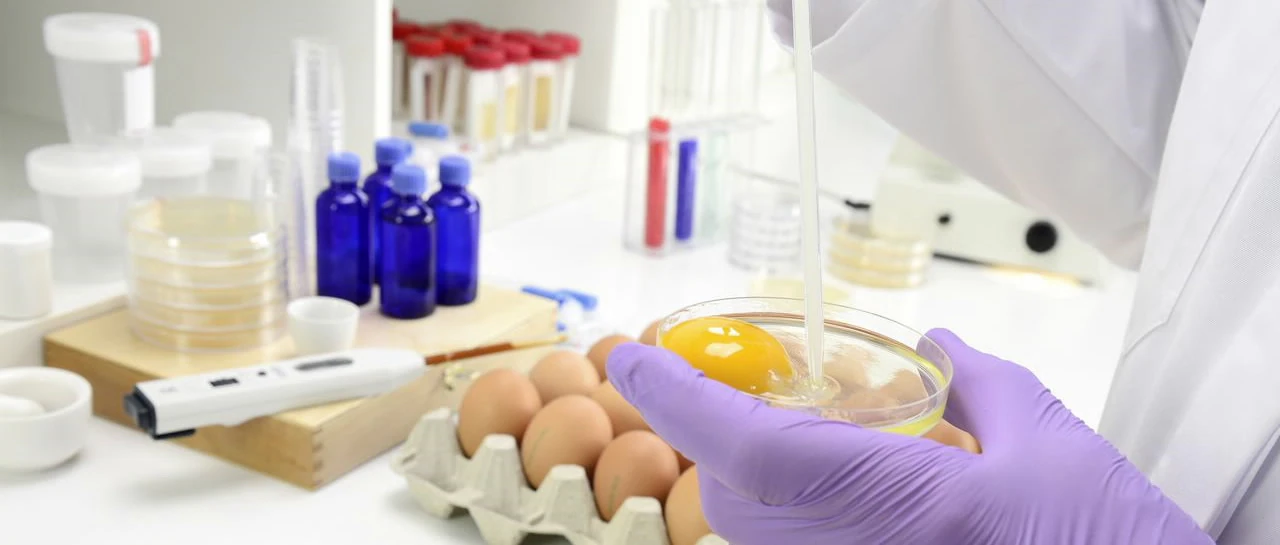ASTM D3561 Preservative Detection in Fruit Juices
The ASTM D3561 standard test method is a crucial tool used to ensure the safety of fruit juices by detecting preservatives. This service involves analyzing samples from various fruit juice products to identify potential preservative compounds that may have been added during processing or packaging.
This testing is essential in safeguarding consumer health and complying with regulatory requirements. Preservatives such as sodium benzoate, potassium sorbate, and calcium propionate are often used to prevent bacterial growth and extend the shelf life of fruit juices. However, excessive use can lead to adverse health effects, making it imperative for manufacturers to adhere strictly to prescribed limits.
The ASTM D3561 method employs a combination of gas chromatography (GC) and mass spectrometry (MS) techniques to accurately detect preservatives in fruit juice samples. Prior to analysis, the sample undergoes rigorous preparation which includes dilution, extraction, and clean-up steps to ensure accurate results.
The testing process begins with an initial review of the product specifications to understand expected additives. This allows for a more focused approach during the analytical phase. The sample is then prepared according to ASTM D3561 guidelines, ensuring that all components are in optimal condition for analysis. Once ready, the sample undergoes gas chromatography which separates the preservatives from other components of the juice.
Following separation, mass spectrometry quantifies and identifies these compounds by comparing their molecular signatures against a library of known preservatives. This method allows for high sensitivity and specificity, enabling even trace amounts of preservatives to be detected.
The results are reported in accordance with ASTM D3561 standards, providing a quantitative measure of the preservative content in each sample analyzed. These results can then be used by manufacturers to ensure compliance with relevant regulations and industry best practices.
Our laboratory adheres strictly to ASTM D3561 procedures and uses state-of-the-art equipment to deliver precise and reliable results. By partnering with us, you gain access to expertise that ensures your products meet both regulatory requirements and consumer expectations regarding safety and quality.





